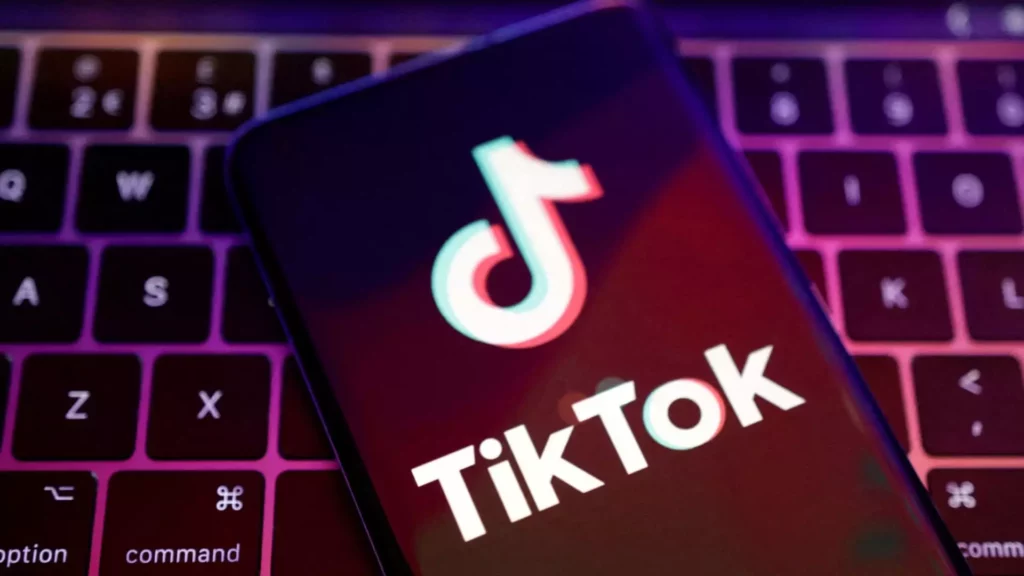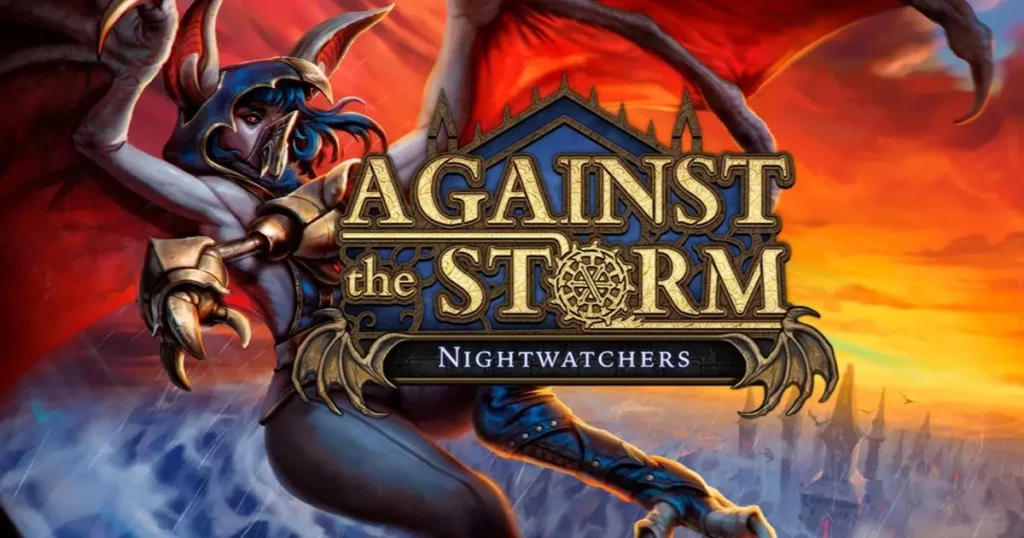Ubisoft’s recent introduction of offline modes for The Crew 2 and The Crew Motorfest marks a significant shift in the company’s approach to player dissatisfaction. The repercussions of shutting down the original The Crew left many gamers feeling as though their investments had been marginalized, a sentiment many can resonate with. The nature of online-only gaming has increasingly sparked outrage; players have invested their time and money, only to find that their beloved games could be yanked away without warning. In such an environment, addressing player concerns isn’t merely an option for a company like Ubisoft—it’s a necessity for survival. The company has, through this pivot, acknowledged the need for a more player-centric philosophy.
Moral Mandate or Legal Strategy?
While it may be tempting to view this change as an altruistic effort aimed purely at enhancing the player experience, one cannot help but consider the backdrop of legal implications. With a looming lawsuit threatening the company over claims of consumer rights violations, one has to wonder: is this move a genuine attempt to earn back trust, or merely a strategic maneuver to gain traction in a contentious legal environment? By introducing offline modes, Ubisoft effectively creates an argument that players have more rights over the games they purchase—a narrative they have historically struggled to maintain. However, this skepticism must be balanced against the sheer possibility that they indeed realize the importance of retaining consumer goodwill.
A Necessary Experiment in Flexibility
To enhance gaming experiences, flexibility must be a focal criterion in modern game design. The announcement of a hybrid mode, allowing players to transition between online and offline play, represents an insightful nod to player autonomy. This framework acknowledges that not all players desire to be perpetually tethered to the internet, offering them the freedom to engage with the game as they see fit. This isn’t merely a trivial enhancement; it reflects a fundamental understanding of the diverse needs of the gaming community. However, the flip side of this experimentation raises concerns—what functionalities will be stripped from the experience when players step offline? Ubisoft’s admission of limitations within the offline experience has yet to be fully explained, and this uncertainty could hinder their newfound stance on consumer trust.
The Impulsive Nature of Player Advocacy
The criticisms directed at Ubisoft’s reliance on online services prior to this shift highlight a larger commentary on the impulsive nature of player advocacy. Community pressures can be a double-edged sword; while they can result in beneficial adjustments, they can also lead to rushed decisions that may not fully consider the long-term implications for the game or the developer. Ubisoft’s selective invitation to the upcoming playtest serves not just as a means to gauge the offline mode but can also be seen as a way to cultivate loyalty among a small, dedicated subset of its player base. This can deepen community ties but may inadvertently alienate broader audiences that feel left out of the conversation.
A Turning Point for the Industry?
While the ramifications of Ubisoft’s decision for its own business model are clear, the broader implications for the gaming industry as a whole remain to be seen. This moment might serve as a wake-up call for other developers who rely heavily on online services, forcing them to reevaluate the sustainability of their business practices. In an era where consumer rights are increasingly scrutinized, Ubisoft’s pivot could encourage a paradigm shift toward a more inclusive environment where players feel empowered rather than exploited. In a market often driven by shareholder profits over player experience, any move in favor of consumer rights is worth a thumbs up.
The unfolding narrative surrounding Ubisoft’s steps toward offline functionality is laden with complexity, blurring the lines between player advocacy, consumer rights, and corporate responsibility. The industry watches closely as discussions unfold, and while skepticism remains, there may be a burgeoning awareness that prioritizing player experience could indeed prove to be a winning strategy for all involved.









Leave a Reply